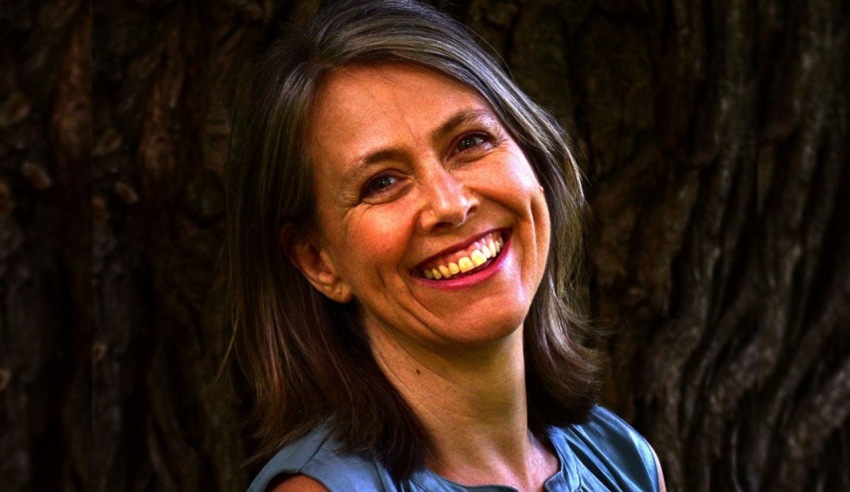On International Women’s Day, it seems a suitable time to reflect on how approximately 50 per cent of legal practitioners experience legal practice and what elements in the environment could be improved to create a more flourishing and authentic place to operate within, writes Karen Knowles.

There is a lot to celebrate in being a lawyer. The legal framework built upon principles of justice has evolved over centuries and has adapted to circumstances. Fairness and neutrality all sit well within the framework, and we are all grateful for the many nuances and benefits that come from the rule of law and the underpinnings that the system of justice affords us all.
However, the law is able to be interpreted and, in our case, evolves and adapts to the times. A good example is the Mabo case, where the “terra nullius” doctrine was demonstrated to be false. That was a big step forward for truth and an underpinning of the ongoing grassroots movement to finally honour the rightful place of our First Nations people (the oldest living culture in the world). This demonstrates that change and honouring of fundamental truths is possible through the practice of the law given the right circumstances of a case and when appropriate deeper questions are posed.
Two suitable questions to pose on International Women’s Day could be:
The ways used to denote “success” within the legal practice are also currently restricted to outcomes often without context – e.g. billable hours. The measures put in place to solve issues such as depression and suicide in the profession urgently need a feminine nurturing response rather than judgmental observations based on a profit-oriented worldview.
If there is sufficient will, it does seem possible to make concrete steps towards prevention and the restoration of wholeness rather than creating policies that judge people for not being enough! Reverse-engineering the issue seems appropriate to work towards something much more effective. Human context and real experience can add much value to the picture.
We also need a space for those kinds of conversations to be held – i.e. without judgement and without self-censorship for fear of consequences benefiting both women and men lawyers. If done well with sincere intentions, the goal would be for all to practice with more ease and fellowship.
In my work with people now, I focus on individual empowerment and work with the whole person in enabling their authentic voice and assisting them resolve issues that are presented. I do love the scaffolding the law brings to all people, but I also look forward to a time where the profession evolves into a dialogue of possibility with some experimentation of how things could be. To curiously collaborate and consider new ways of being and doing that will, in the end, benefit the whole profession and our wider society.
Women are, in essence, life-givers as they hold space for creation itself. The fundamental nature of the feminine is aligned with the essence of the creation of life itself and deserves due honour and respect. Complementarity and unity are possible when the feminine worldview is respected, creating an enriched canvas for us all to operate from.
In closing, a few more questions for reflection: can you imagine a world without flowers or seeds? How can we honour the environment for new ways of being to bring new ways into form? How can we allow space for women to be fully seen and heard and contribute their full value? What can you personally do to help create the environment for the flourishing of yourself and the legal profession as a whole?
I’ve had the privilege to work with many talented lawyers of all genders over my legal career. On International Women’s Day, let’s pause and allow space for the feminine voice to be seen and heard. In so doing, we can all be enriched and may not realise what we have been missing.
Wishing you all well with an eye on possibility – inspiring creativity and open spaces for emergent new ways on International Women’s Day.
Karen Knowles is a lawyer, performer, personal coach and facilitator.